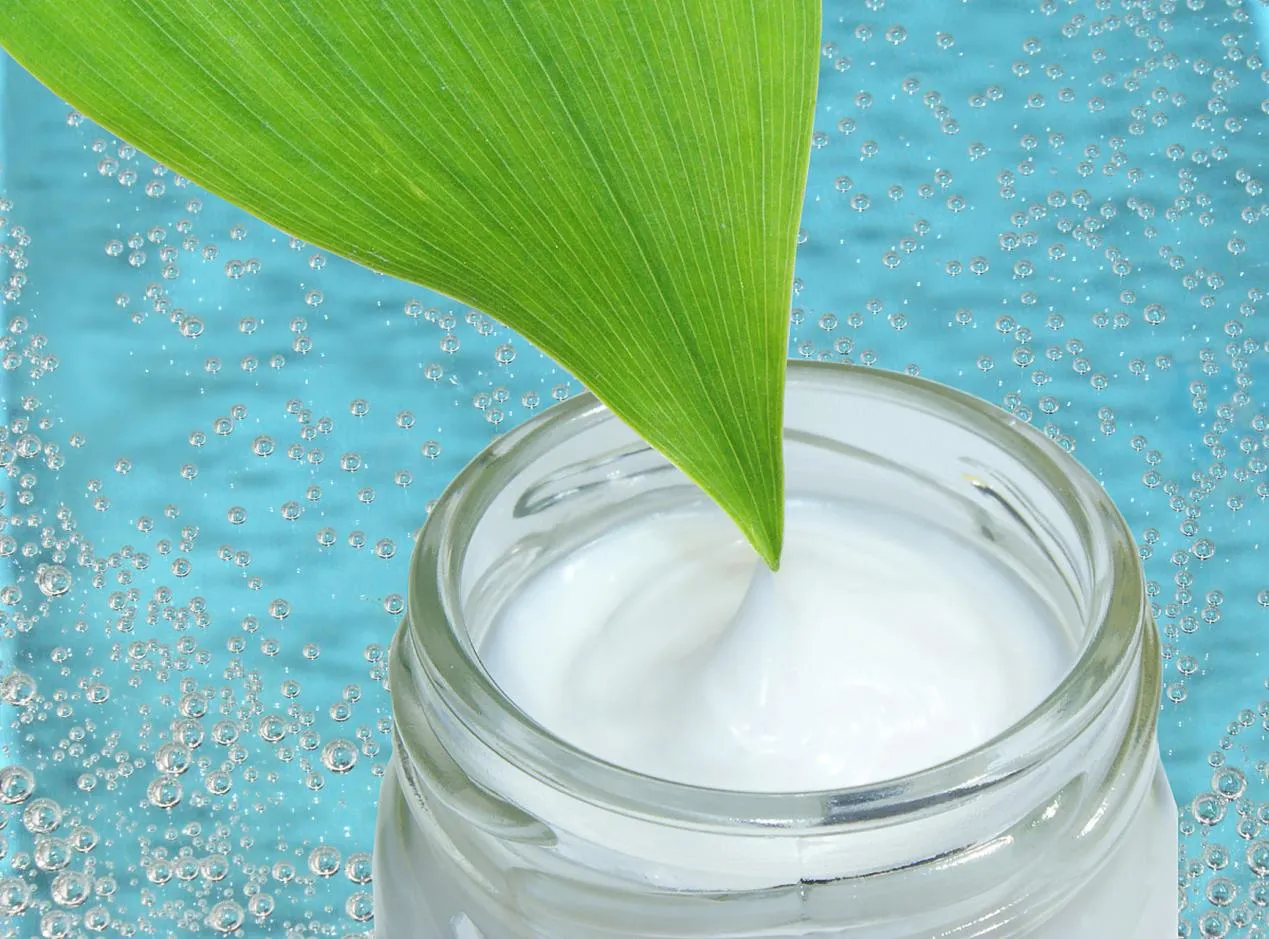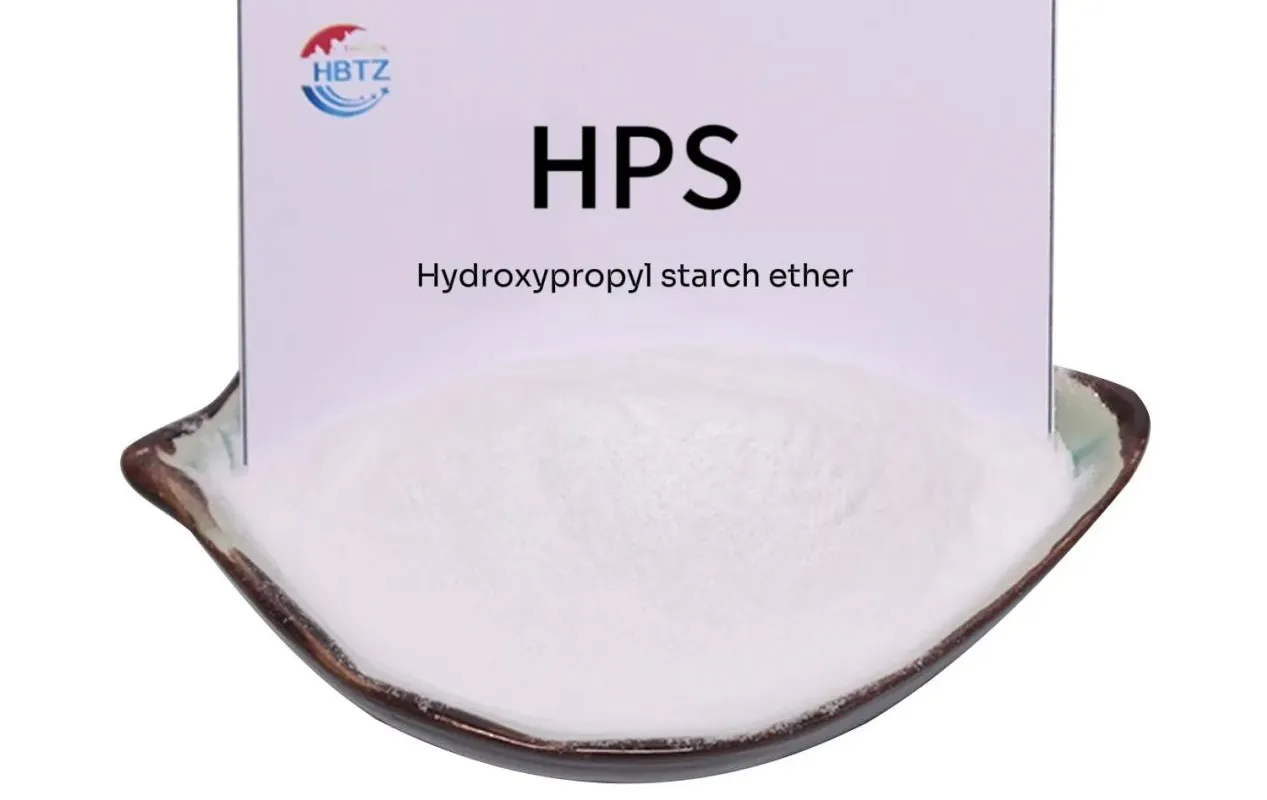
Harnessing the Power of Modified Starches in Cosmetics and Pharmaceuticals
Modified starches have transformed modern formulations across a wide range of industries, from cosmetics to pharmaceuticals. Among the most prominent are hydroxypropyl starch phosphate и hes hydroxyethyl starch.

The Science Behind Starch Derivatives: Safe, Functional, and Versatile
These compounds are valued for their gentle action, natural origin, and multifunctional benefits, making them staples in skin care products, hair treatments, and intravenous therapies.
Hydroxypropyl starch phosphate is a chemically modified starch used widely in personal care products. In skincare, it serves as a non-irritating, biodegradable alternative to synthetic thickeners. Hydroxypropyl starch phosphate for skin provides a light, smooth feel and helps absorb excess oil, making it particularly suitable for formulations aimed at oily or acne-prone skin. In addition to improving texture, it enhances product stability and shelf life.
In haircare, hydroxypropyl starch phosphate hair applications help deliver volume, manageability, and frizz control without heavy silicone residues. It’s often used in shampoos, conditioners, and styling products that cater to consumers looking for plant-based, sulfate-free, or clean-label alternatives. Its film-forming properties help lock in moisture and protect hair strands from environmental damage.
Meanwhile, sodium hydroxypropyl starch phosphate is the sodium salt version that improves water solubility and stability. It's commonly used in emulsions and sunscreens to provide even application and a soft matte finish. This compound works well in tandem with other actives, maintaining their efficacy while enhancing product feel.

Medical Benefits: Hydroxyethyl Starch in Therapeutic Applications
Beyond cosmetics, starch derivatives play a critical role in healthcare. HES hydroxyethyl starch is one such example—a vital plasma volume expander used in intravenous therapies to treat shock or blood loss. This synthetic polymer mimics the osmotic behavior of human plasma, making it useful for resuscitation and fluid management in emergency settings.
A hydroxyethyl starch solution is administered intravenously and is designed to remain in circulation longer than saline or other fluids, helping maintain blood pressure and improve perfusion in critical patients. These solutions are carefully dosed and used under medical supervision to avoid potential side effects.
The variety of hydroxyethyl starch uses extends to surgery, trauma care, and intensive care units, where fluid balance is crucial. Although its use must be carefully monitored, especially in patients with renal or coagulation disorders, it remains an important tool in modern clinical practice.
For companies seeking high-quality raw materials, choosing a reliable hydroxypropyl starch phosphate supplier is essential. Reputable suppliers ensure consistent purity, traceability, and regulatory compliance, which is particularly important for manufacturers of pharmaceutical and personal care products.
Why Modified Starches are the Future of Safe, Sustainable Formulation
As consumer demand grows for clean-label, sustainable, and skin-friendly ingredients, modified starches like hydroxypropyl starch phosphate и HES hydroxyethyl starch are increasingly favored. Derived from renewable plant sources such as corn and potato, these ingredients deliver outstanding functionality without the harshness of synthetic chemicals.
They provide thickening, oil control, moisture retention, and sensory enhancements while meeting the safety and environmental criteria of modern formulations. Whether you're formulating a medical-grade IV solution, a lightweight face cream, or a volumizing shampoo, starch derivatives are the eco-smart choice.
Product FAQ Section: Modified Starch Applications
FAQ: Skincare Uses of Hydroxypropyl Starch Phosphate
Q1: What does hydroxypropyl starch phosphate do for skin?
A: Hydroxypropyl starch phosphate for skin helps absorb oil, reduce shine, and provide a soft, smooth texture without clogging pores.
Q2: Is it suitable for sensitive skin?
A: Yes, it is hypoallergenic and non-comedogenic, making it suitable for sensitive, oily, or acne-prone skin types.
FAQ: Hydroxypropyl Starch Phosphate in Hair Products
Q1: How does hydroxypropyl starch phosphate benefit hair?
A: Hydroxypropyl starch phosphate hair products offer frizz control, volume, and moisture retention without weighing hair down.
Q2: Can it replace silicones in haircare?
A: While not a direct replacement, it offers a lightweight, natural-feeling alternative to silicones for consumers seeking plant-based formulations.
FAQ: Safety and Applications of Hydroxyethyl Starch
Q1: What is HES hydroxyethyl starch used for?
A: HES hydroxyethyl starch is used as a plasma volume expander in medical settings to treat hypovolemia and support blood pressure during surgery or trauma.
Q2: Are there risks associated with its use?
A: Yes, it should only be administered under professional supervision, especially for patients with kidney or clotting issues.
FAQ: Hydroxyethyl Starch Solutions in Medical Settings
Q1: What is a hydroxyethyl starch solution?
A: A hydroxyethyl starch solution is an intravenous fluid used to increase blood volume and improve circulation in patients experiencing blood loss or shock.
Q2: How is it different from normal saline?
A: It stays in the bloodstream longer, providing more sustained plasma expansion than standard IV fluids like saline or lactated Ringer’s.
FAQ: Finding a Reliable Hydroxypropyl Starch Phosphate Supplier
Q1: Why is supplier choice important for hydroxypropyl starch phosphate?
A: A reputable hydroxypropyl starch phosphate supplier ensures consistent quality, regulatory compliance, and safe formulation compatibility.
Q2: What certifications should suppliers have?
A: Look for suppliers with ISO certification, GMP compliance, and documented safety testing to ensure product reliability.
-
Unlocking the Value of Cellulose: Types, Derivatives, and Industrial ApplicationsNewsAug.07,2025
-
Unlocking the Power of Cellulose: Types, Applications, and Future InnovationsNewsAug.07,2025
-
Understanding HPMC: Properties, Applications, and Market InsightsNewsAug.07,2025
-
The Versatility and Industrial Value of Cellulose-Based MaterialsNewsAug.07,2025
-
Hydroxypropyl Methyl Cellulose (HPMC): Uses, Grades & Construction BenefitsNewsAug.07,2025
-
Exploring the World of Cellulose: Types, Derivatives, and Industrial UsesNewsAug.07,2025





















